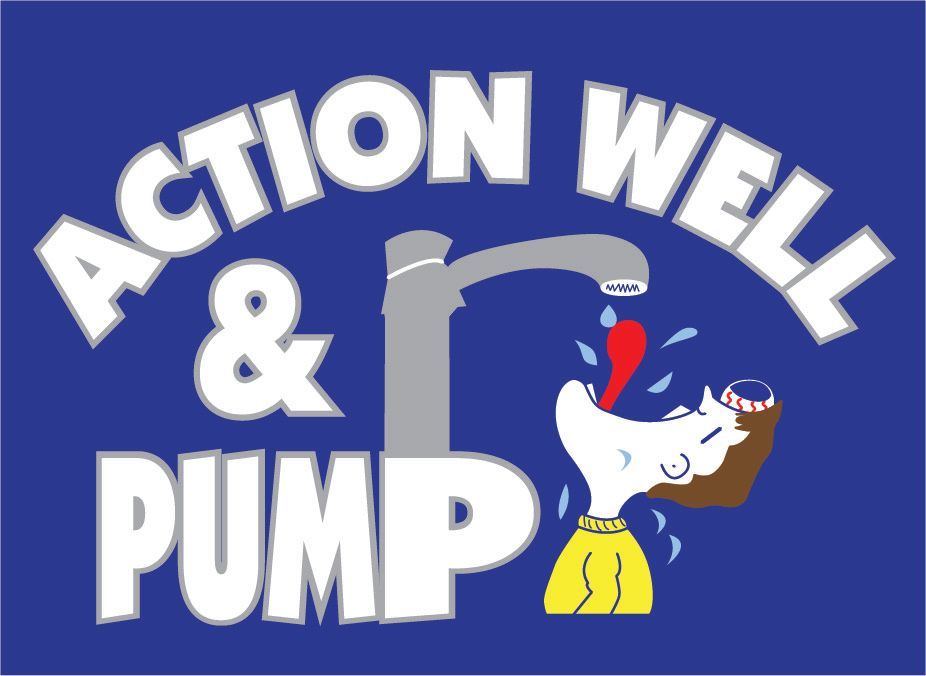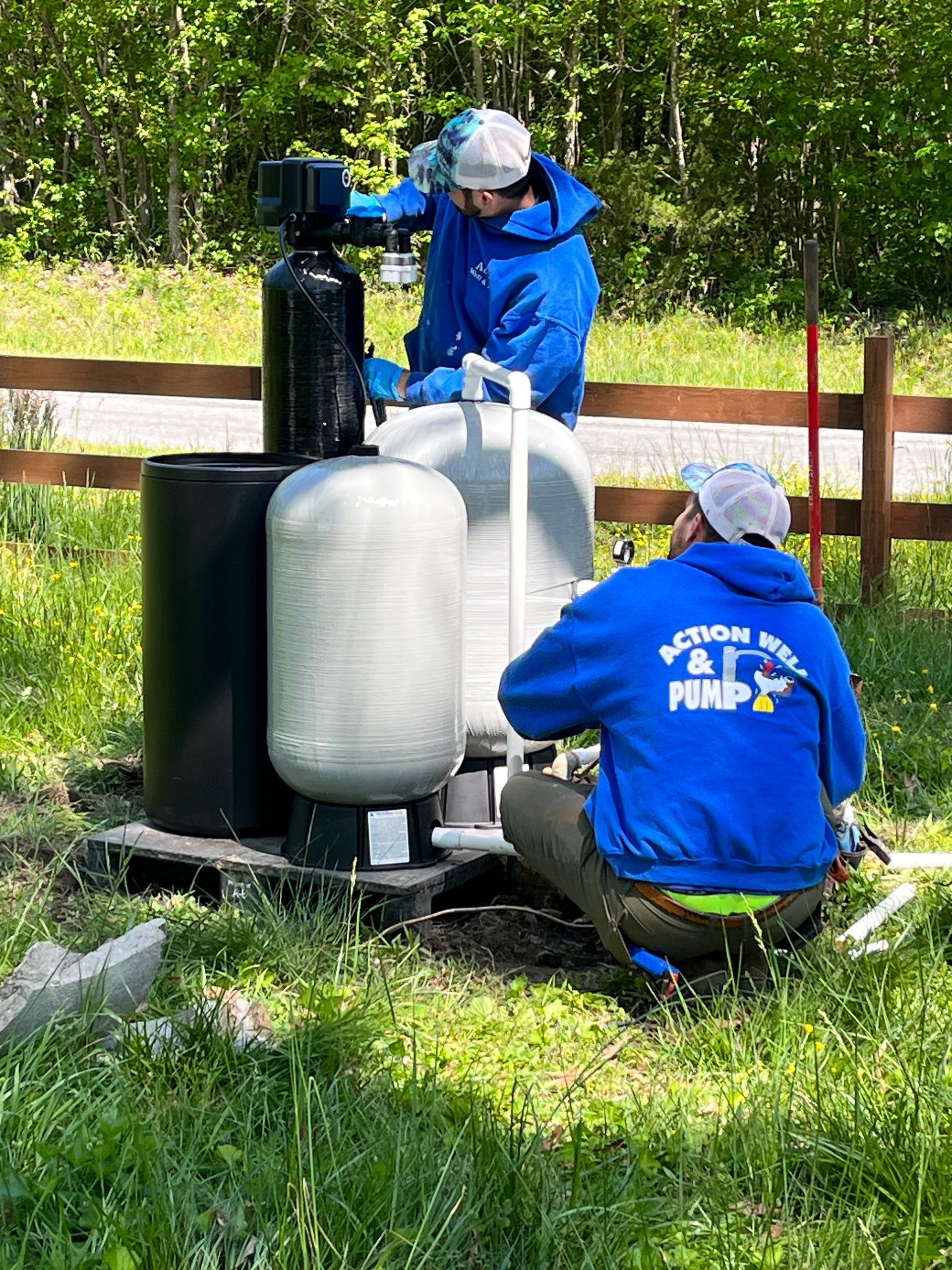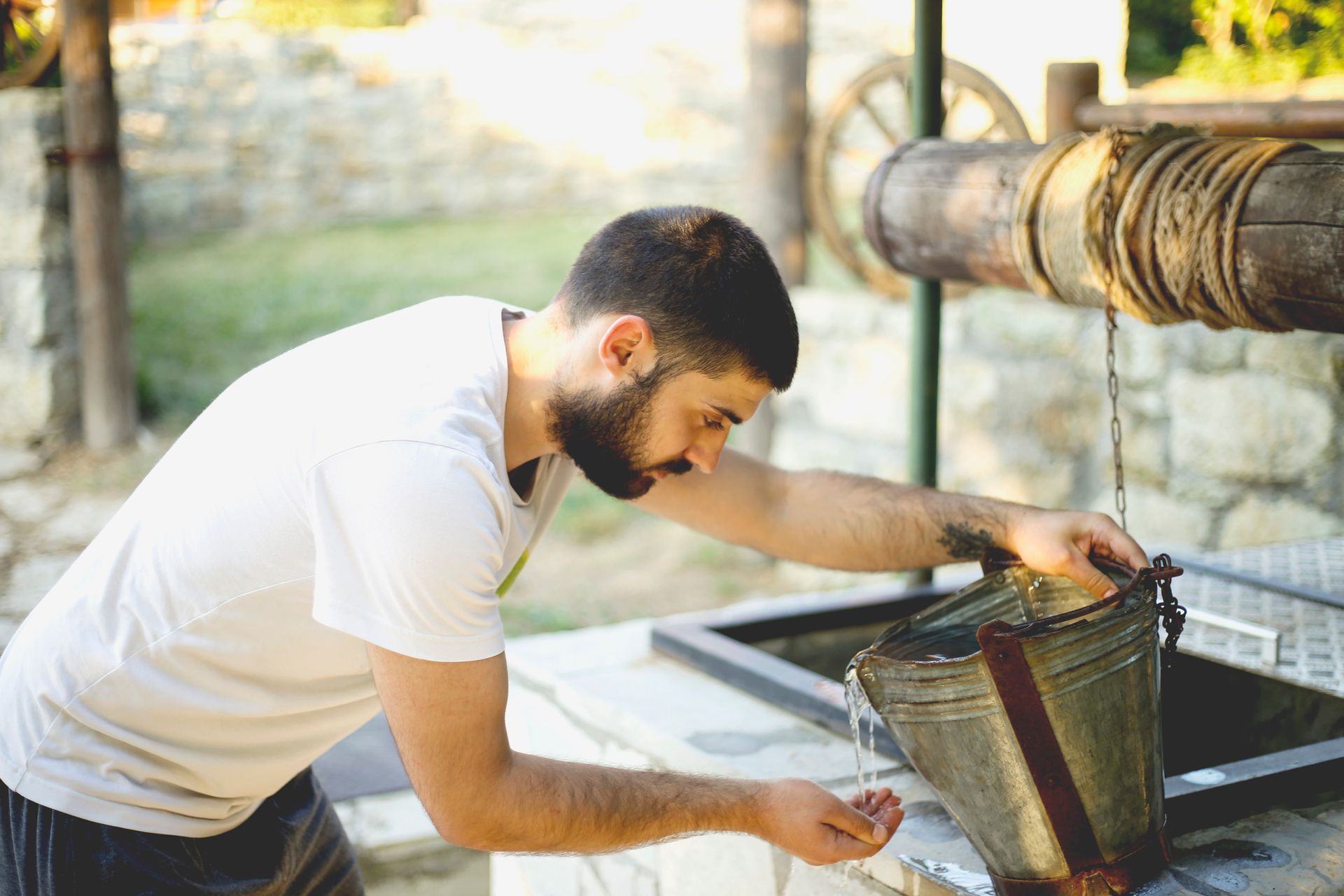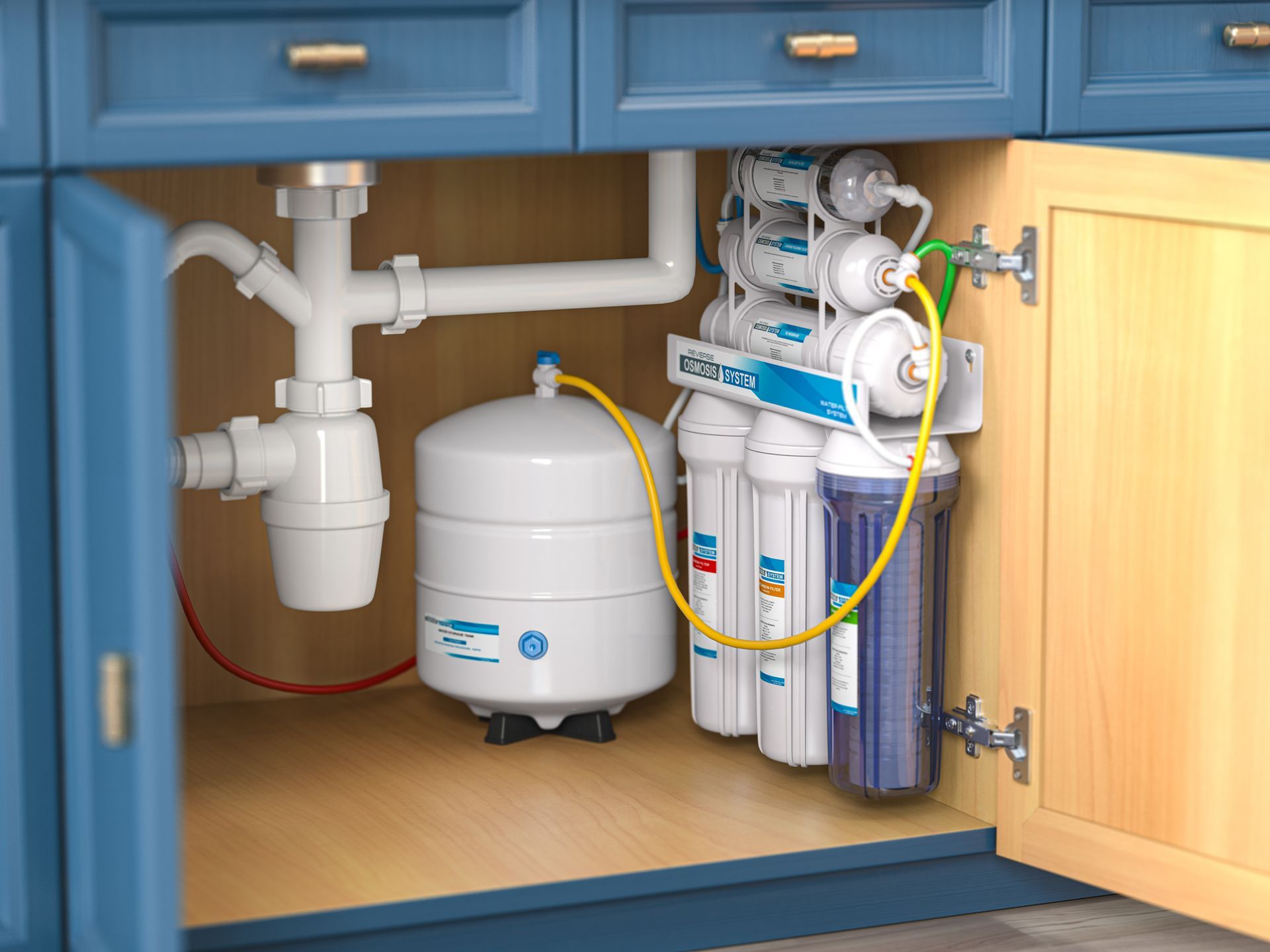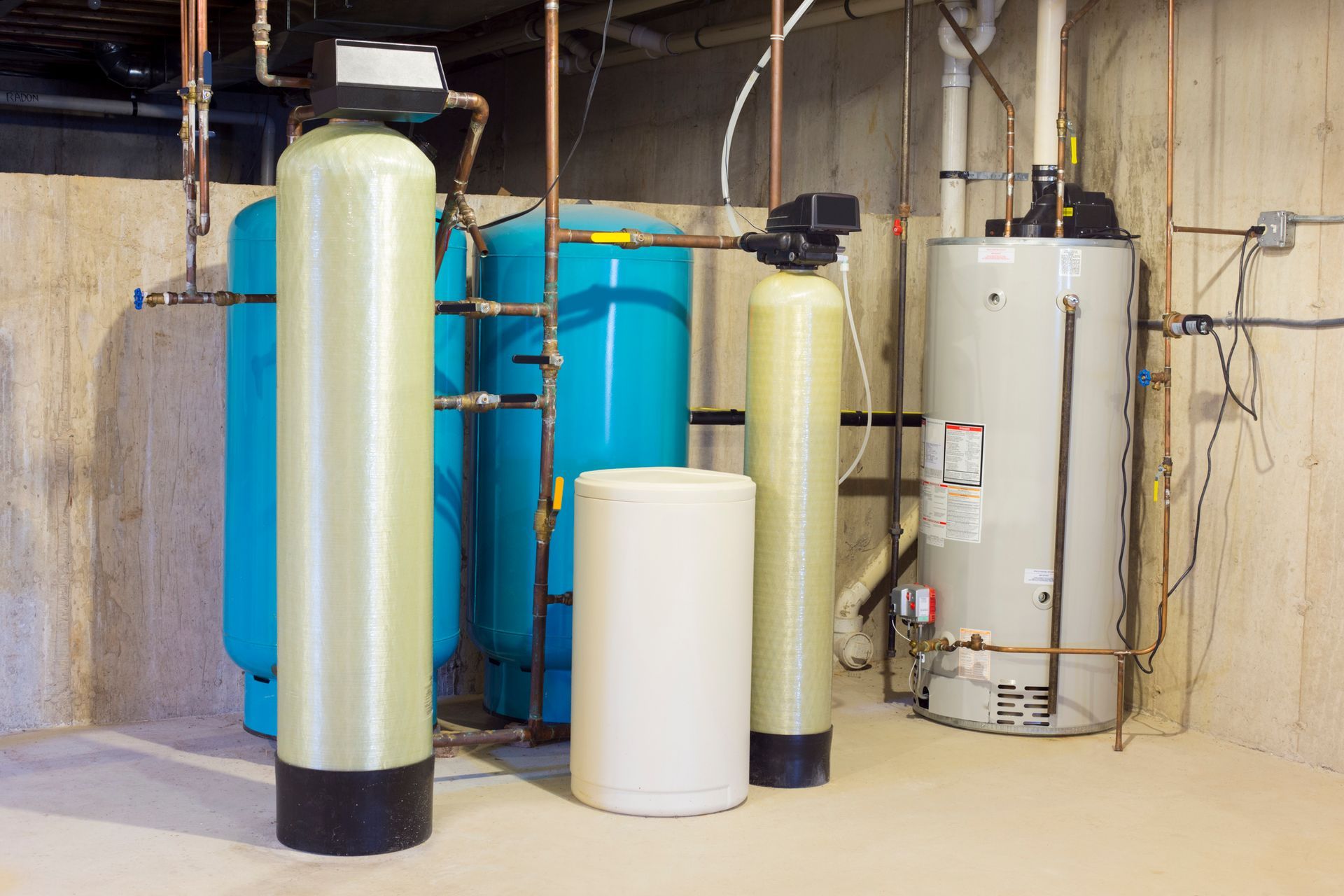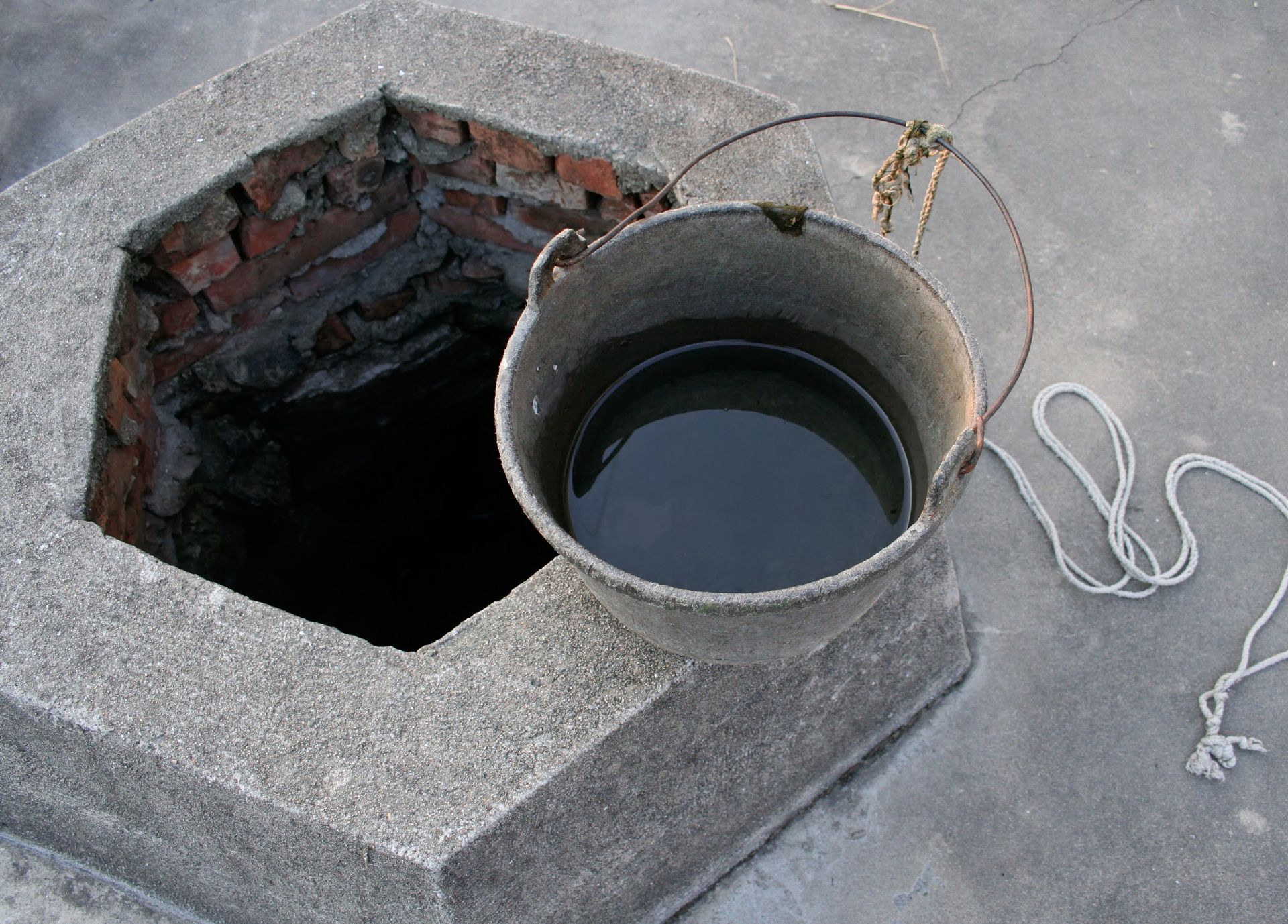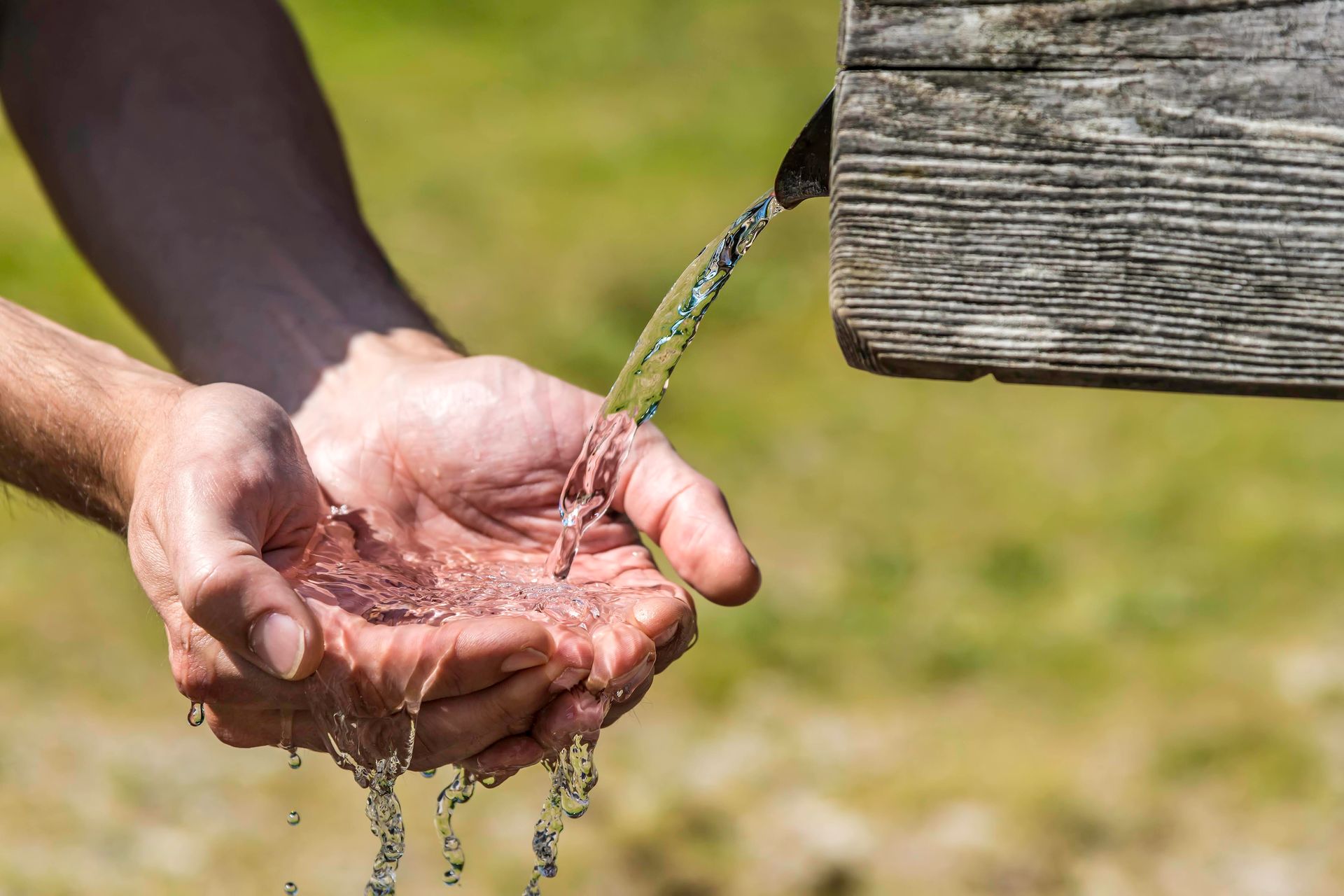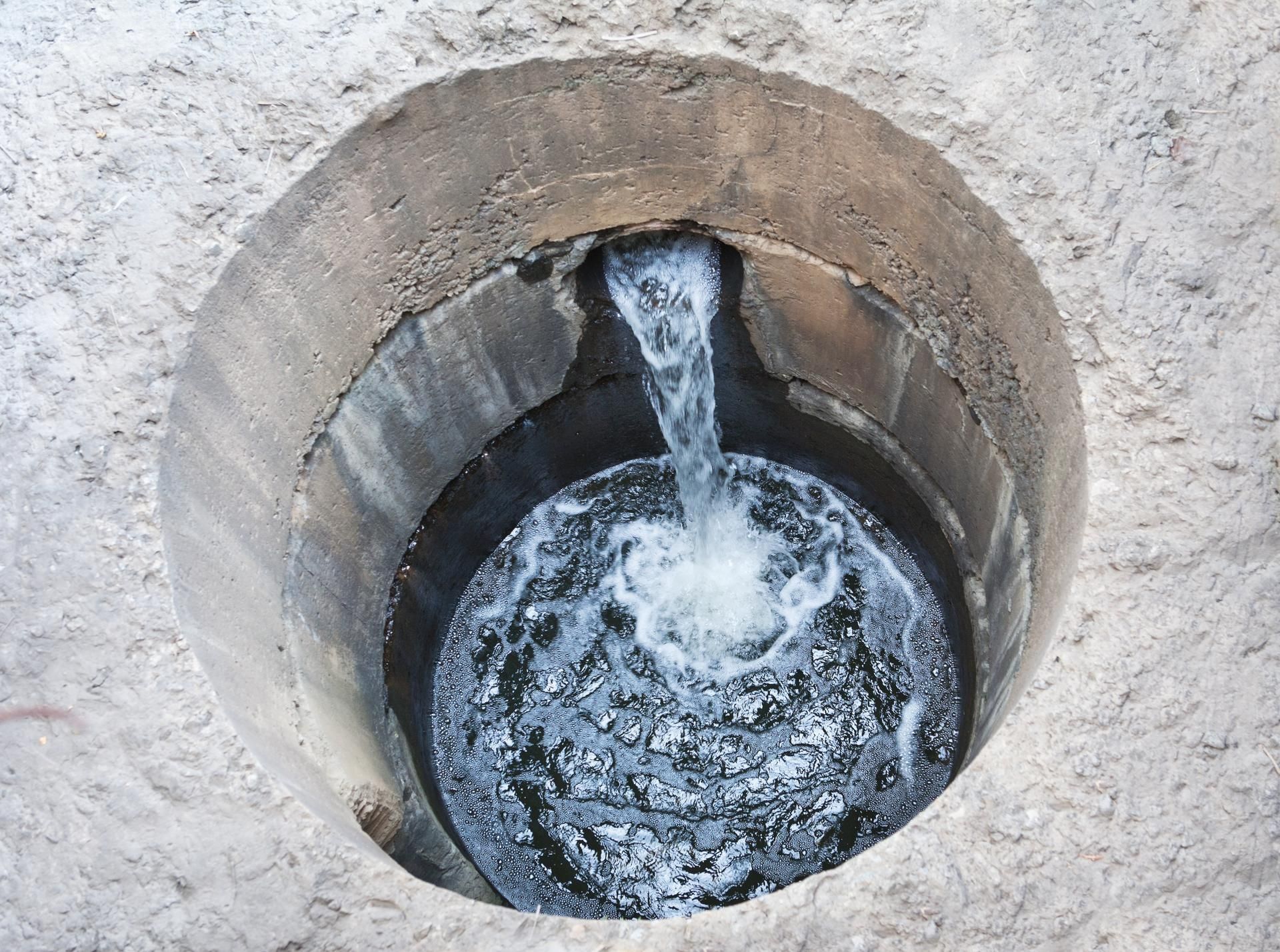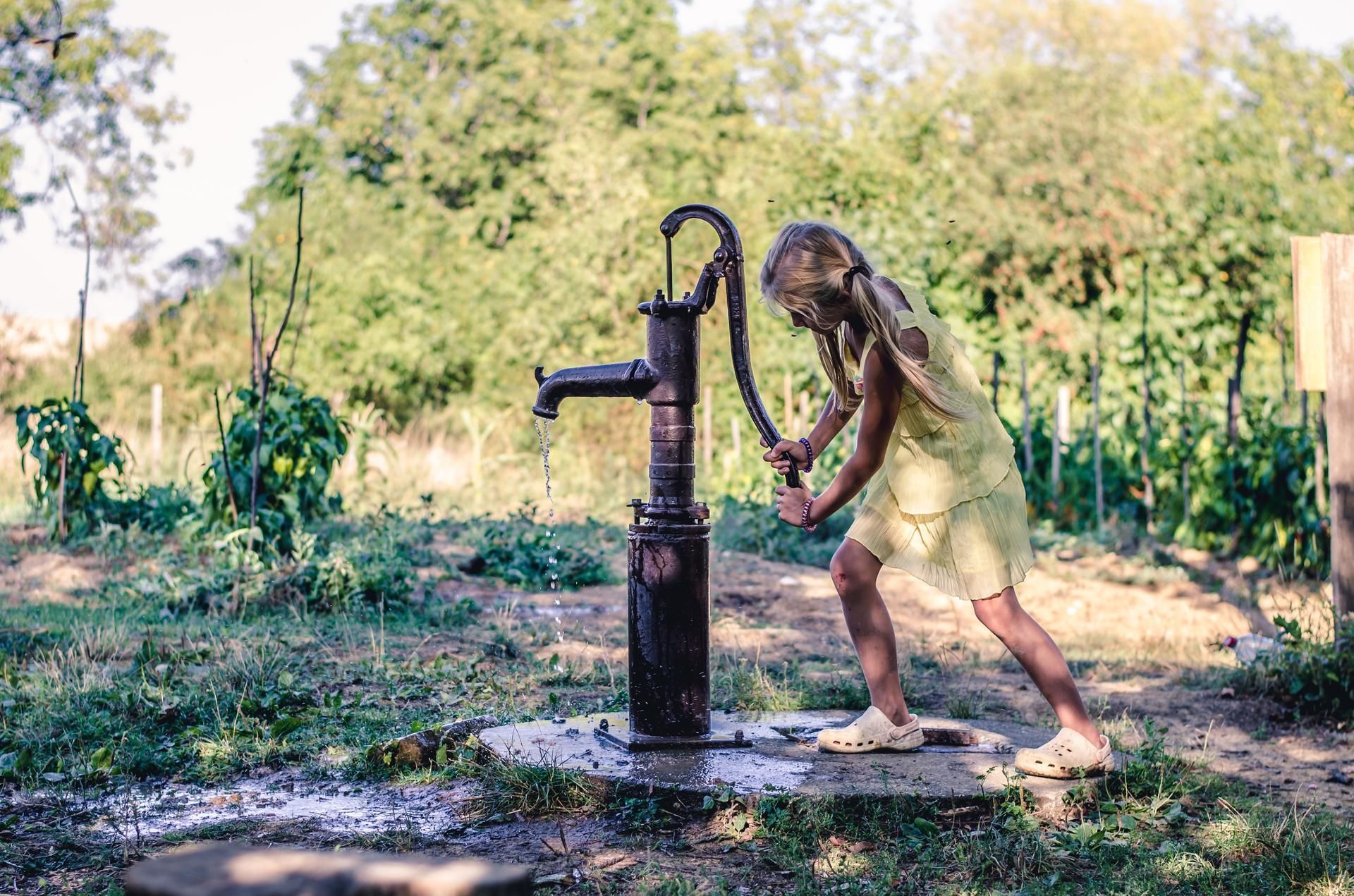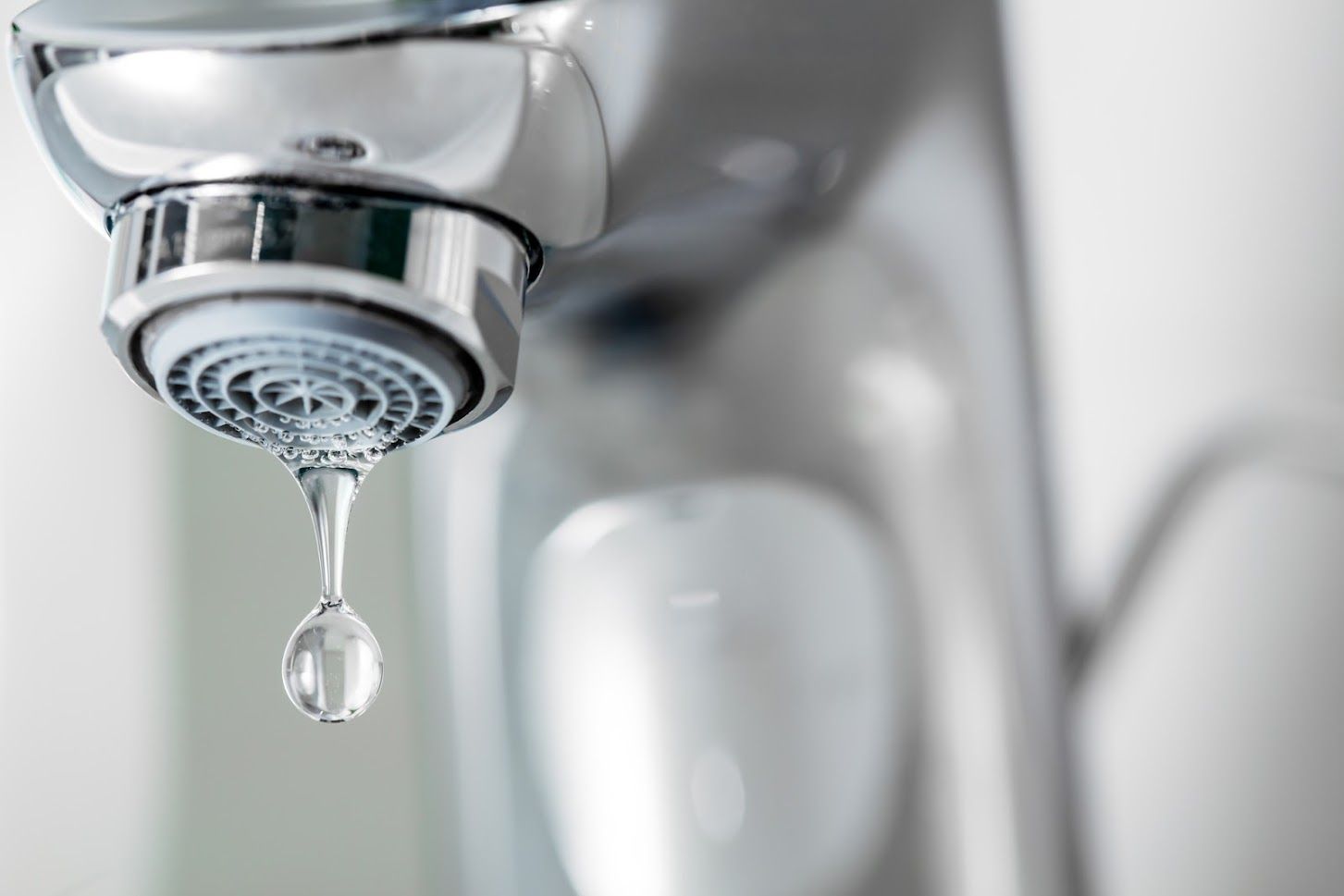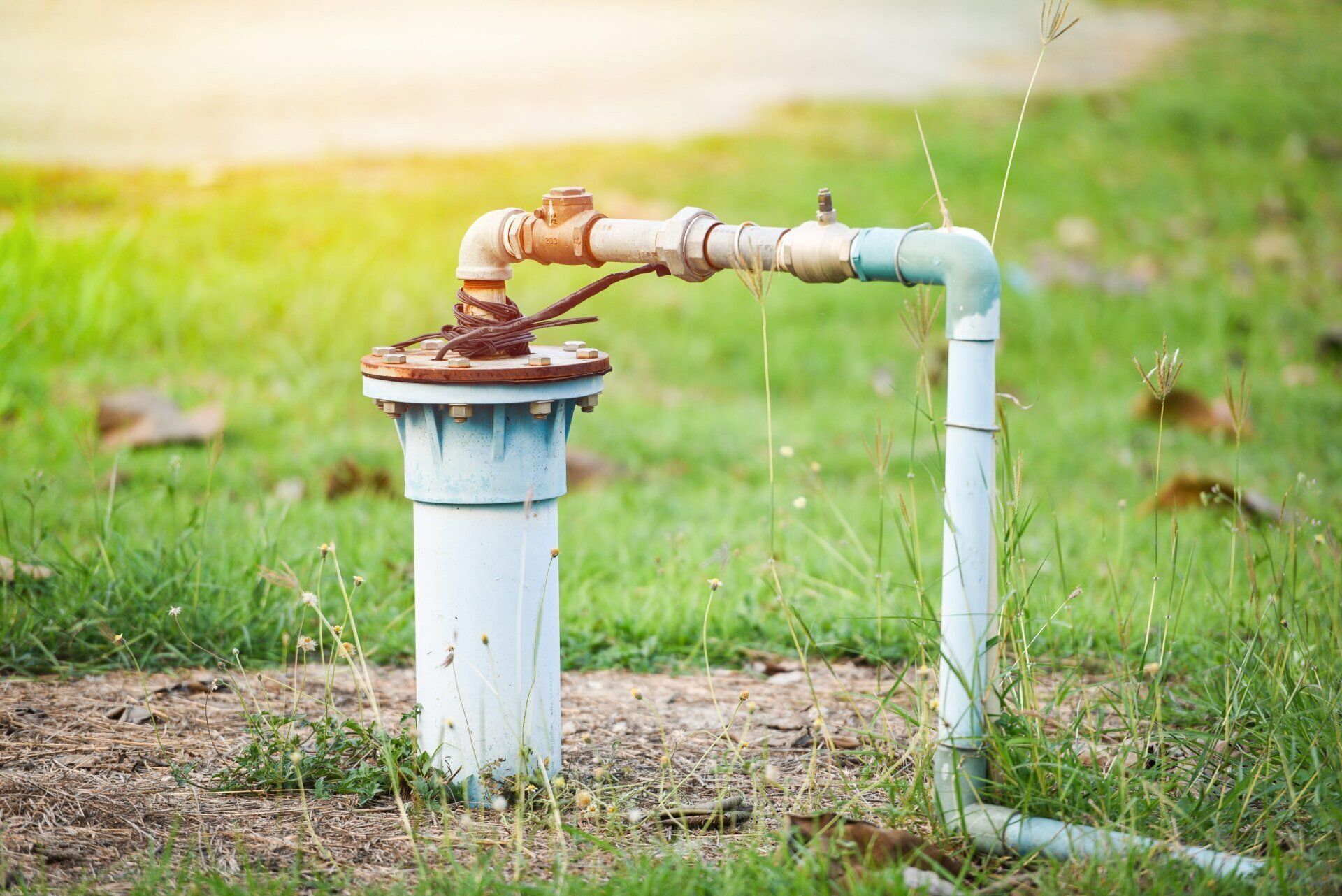Hard Water in Your Home? What to Know
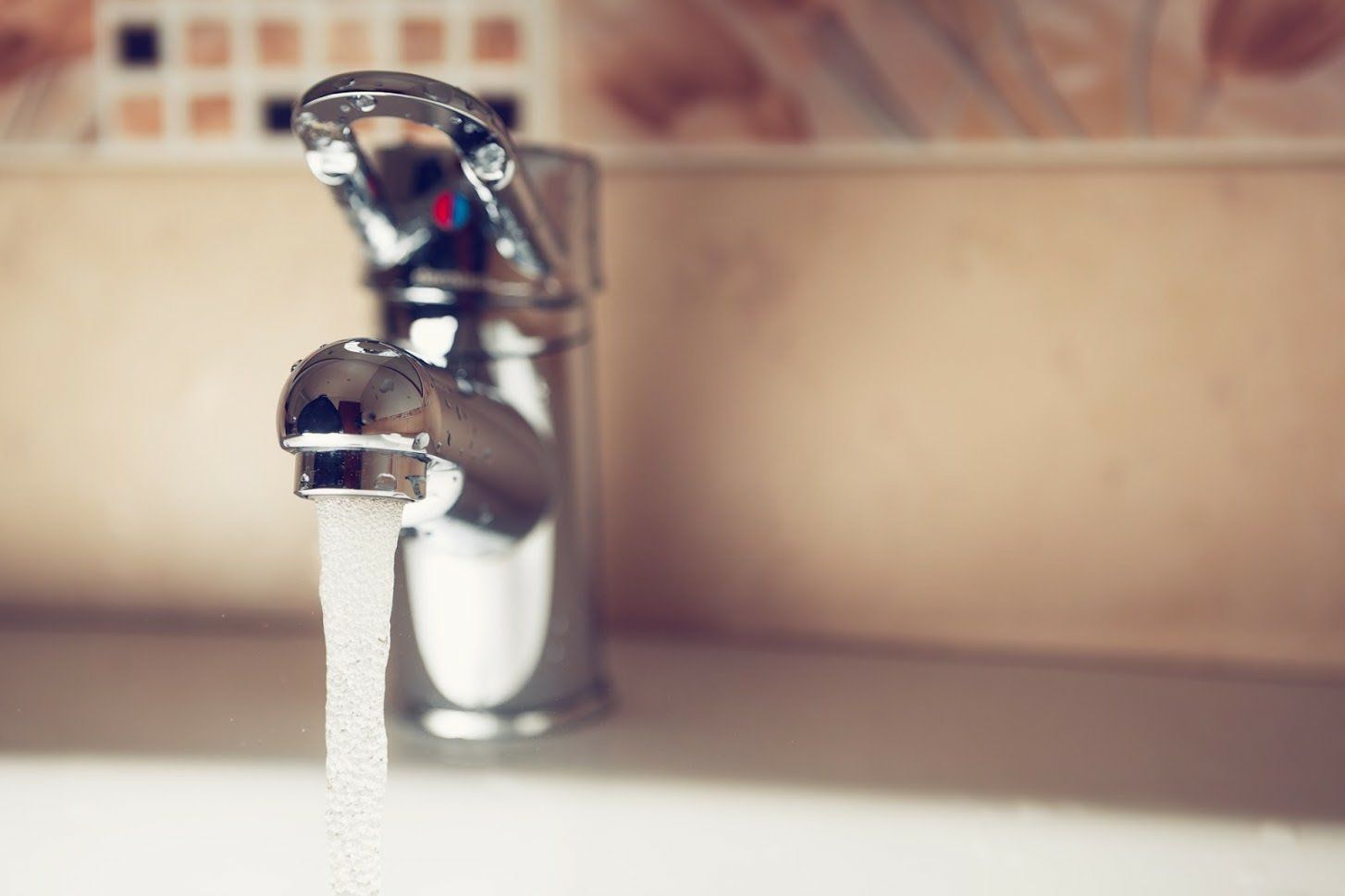
One common nuisance to many households is hard water. Hard water comes with a lot of inconveniences and unwanted costs. So, what is hard well water? What are the signs you have hard water in your home? What is the appropriate remedy for hard water? Read on to find out.
What Is Hard Water?
Simply put, hard water is water with an abundance of mineral content, mainly magnesium and calcium. As water percolates through the underground rocks, the collected minerals dissolve in the water. If you usually use well water at home, it's probably hard water.
Although magnesium and calcium aren't necessarily harmful, hard water sediments are known to harbor harmful bacteria. Any water with more than three grains per gallon (GPG) falls in the hard water category.
What Are the Signs of Hard Water?
You might ignore the hard water signs until it begins to emit a foul smell. Discover some common signs to look out for.
Excess Soap Scum
Scum usually forms after using soap in hard water. You will often find white spots in washing machines, sinks, and the dishwasher. These hard water spots occur after the water evaporates and leaves calcium residue on the soap.
Sometimes, the soap scum can harbor bacteria and create a hygiene hazard. Although you can remove the scum with a scrub, it will still re-occur if you don't treat the water.
Low Flow Rate
Low water flow rate and frequent clogging of the pipes indicate hard water. Sometimes, limescale buildup in the pipes can choke off the water flow. This occurrence is particularly evident when water won't flow through the small holes of the showerhead due to clogging.
Also, hard water does not react effectively with soap and makes it hard to achieve a good lather when bathing. When you find a soapy residue on your body after bathing, blame it on the hard water.
Rough Clothing
Do your jeans and towels feel rough and stiff? Rough clothing happens after the mineral deposits stick on fabrics and the hard water can't thoroughly rinse the deposits off. If the hard water is left untreated, washing clothes with the hard water will eventually discolor and weaken the fabric, and you have to spend more on new clothes.
Irritation Issues
After bathing in hard water, you will hardly wash away all the soap. The soap residue dries the skin and makes it itchy, especially sensitive skin like babies. Hard water might also trigger skin conditions such as dermatitis and eczema, especially in small children.
High Water Bills
The mineral buildup can damage or corrode pipes and other water-using appliances. This corrosion forces you to spend more on repairs. Plus, magnesium and calcium buildup can crack pipes and cause leaks. Also, when limescale builds up, your boiler might struggle to heat water and result in high utility bills.
What Is the Solution for Hard Well Water?
Tired of rough clothing, irritation issues, and increasing water bills? Discover some solutions you can explore.
Washing Soda
You can use washing soda when doing laundry. Washing soda contains carbonic acid salt that softens hard water. This chemical removes all the magnesium and calcium in the water so that soap can lather up faster.
Filtration System
A well water filtration system not only gets rid of the calcium and magnesium but also eliminates cloudiness, tastes, and odors. You can drink the water, cook with it, and even garden without any worries. A filtration system is one of the most effective hard water treatment options.
Is hard water giving you sleepless nights? We have a solution for you. Contact Action Well and Pump. Our filtration system will filter all the water coming to your house so you can enjoy clean and healthy water from now on.
